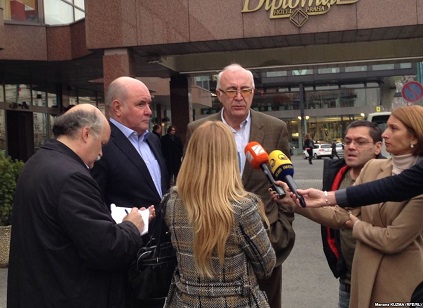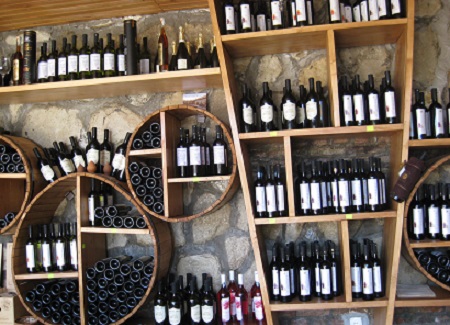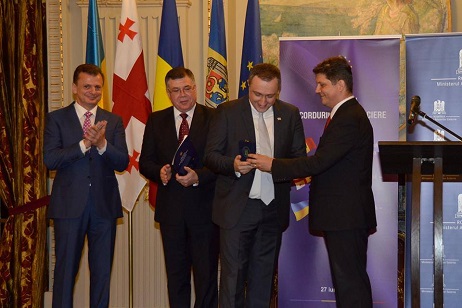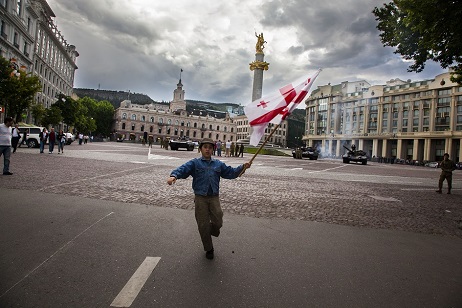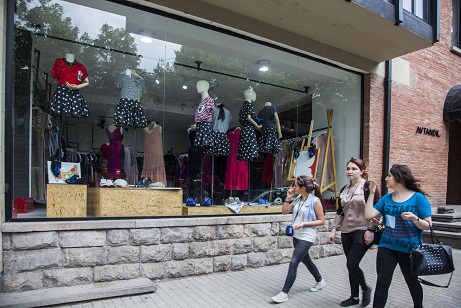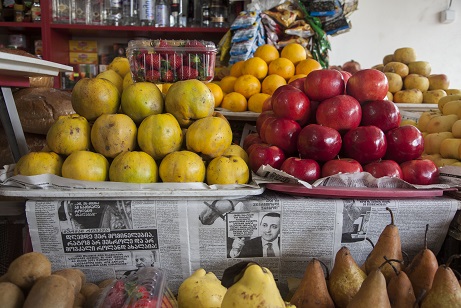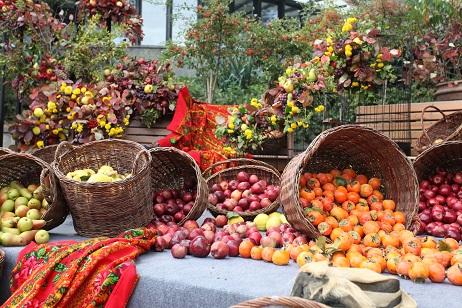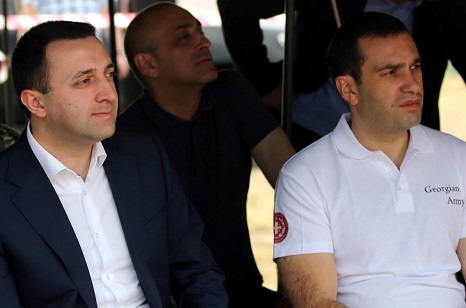Georgian diplomat: Suspending Georgia-Russia free trade treaty was expected
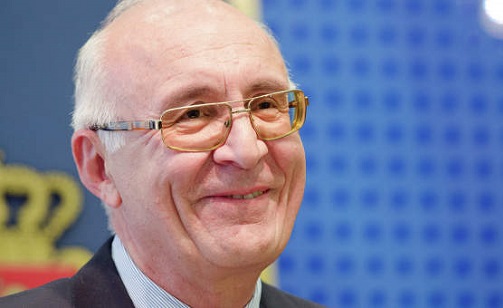
Russia’s decision to suspend its bilateral free trade agreement with Georgia was "expected”, says Georgia's special envoy to Russia Zurab Abashidze.
Abashidze believed a draft law issued on Wednesday by Russia’s Ministry of Economic Development that outlined moves to suspend the 20-year-old free trade agreement was "not a surprise” for Georgian officials and "it will not be a tragedy”.
"The possibility of this step has been acknowledged by the Georgian Government. It will increase the price of exported products from Georgia as tariffs will be imposed that will create additional hurdles.”
In an interview broadcast on Maestro TV today, Abashidze said the Georgian Government understood Russia could move to suspend free trade with Georgia following Georgia’s signing of the Association Agreement (AA) and the Deep and Comprehensive Free Trade Area (DCFTA) Agreement with the European Union (EU), which is due to come into force on September 1 this year.
"And we have been evaluating how trade relations could be developed with Russia after signing the agreement,” Abashidze said.
He said if Russia adopted the draft law, Georgia’s trade relations with Russia will continue in the framework of the international trade rules established by the World Trade Organization.
"We should get accustomed to it. When we are going towards Europe and its standards, when we want to become part of the European economic space, we should also be ready that such things may happen,” Abashidze said.
The Georgian diplomat paralleled Georgia’s current situation with that of Ukraine and Moldova, as Moscow recently tightened trade relations with these countries when they earlier signed AA deals with the EU.
Meanwhile, since Georgia signed its AA deal with the EU last month, Abashidze met with Russian Deputy Foreign Minister Gregory Karasin in Prague on July 7. The pair discussed the possible impacts of Georgia’s DCFTA with the EU on Georgia-Russia trade.
After the meeting, the Russian envoy said the dialogue was "constructive but [the DCFTA] will have some kind of effect for sure”.
"We should analyse it in order to avoid negative surprises. If it suddenly turns out that the effect [on Russia] is very bad, this will be negatively understood by our society and our businessmen,” Karasin said in July.
Meanwhile, Abashidze believed there was "a political element” in Russia’s decision to suspend free trade from Georgia and added there had been arguments in Moscow in respect of its concerns over Georgia’s DCFTA deal.
The Georgian diplomat also believed Russia’s decision would not be a surprise for Georgian businesses, which have already experienced a Russian embargo in previous years.
"Businesses have expected that Moscow may one day change the rules of the game,” Abashidze said.
Meanwhile, Georgia resumed wine exports to Russia in 2013 for the first time since 2006. Exports of Georgian mineral water, fruits and vegetables were approved to be sold on the Russian market and will begin to be exported soon.
 Tweet
Tweet  Share
Share

